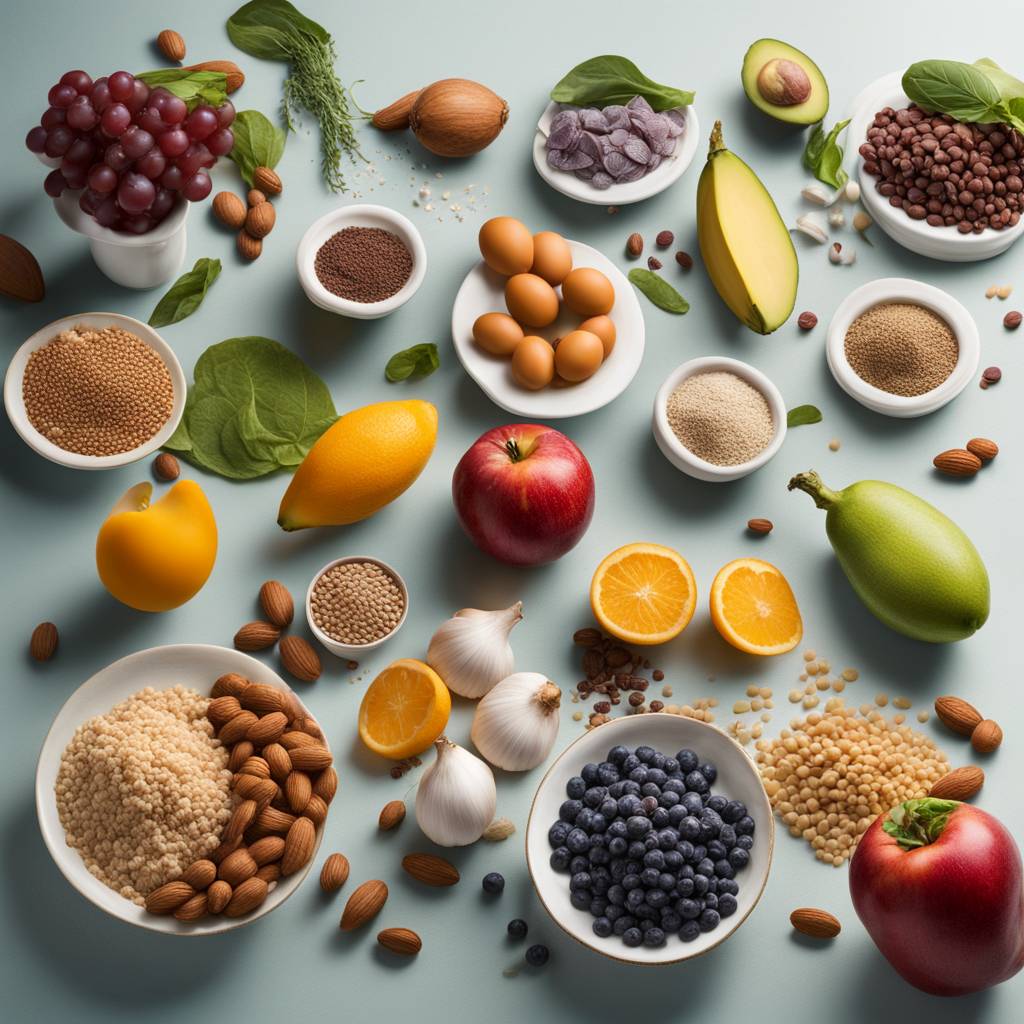Biotin, also known as vitamin B7, is a water-soluble vitamin that is naturally present in some foods and available in supplements. It plays a crucial role in metabolizing food and various bodily functions. While biotin supplements are popular for promoting healthier skin, hair, and nails, it is important to consider whether you truly need to take a pill when you may already be getting enough biotin from your diet. Maintaining a balanced diet with biotin-rich foods can provide the body with the necessary nutrients it needs to function optimally.
Biotin is an essential nutrient that helps the body convert food into energy. Adults typically need 30 micrograms of biotin daily, with pregnant and breastfeeding individuals requiring slightly more. Most people can meet their biotin needs through a balanced diet or by taking a multivitamin. Biotin deficiencies are rare but can occur in certain groups, such as those with a biotinidase deficiency, chronic alcohol exposure, or during pregnancy and breastfeeding. Symptoms of a biotin deficiency can include hair thinning, loss, rashes, and brittle nails, among others.
To increase biotin intake, incorporating biotin-rich foods into the diet is recommended. Foods such as beef liver, eggs, salmon, pork chops, sunflower seeds, sweet potatoes, and almonds are natural sources of biotin and other essential nutrients. These foods not only provide biotin but also offer vitamins, minerals, and healthy fats that support overall skin, hair, and nail health. A varied and nutritious diet can often meet the body’s biotin requirements without the need for supplements.
While biotin supplements are available, most individuals do not require them unless they have a confirmed biotin deficiency. For the general population, excessive biotin intake through supplements is unlikely to provide additional benefits for skin, hair, or nail health. Claims surrounding the use of biotin supplements for promoting these benefits may be supported by limited research and more evidence is needed. High biotin intake can interfere with lab values, potentially leading to inaccurate test results or interactions with certain medications.
Overall, incorporating biotin-rich foods into the diet is a safe and effective way to ensure adequate biotin intake. Biotin supplements are generally unnecessary for most individuals, unless recommended by a healthcare provider for specific medical conditions. By focusing on a balanced diet that includes a variety of whole, nutritious foods, individuals can support their body’s biotin needs and overall health. Remember to consult with a healthcare professional if you have any questions about biotin intake or supplements.













